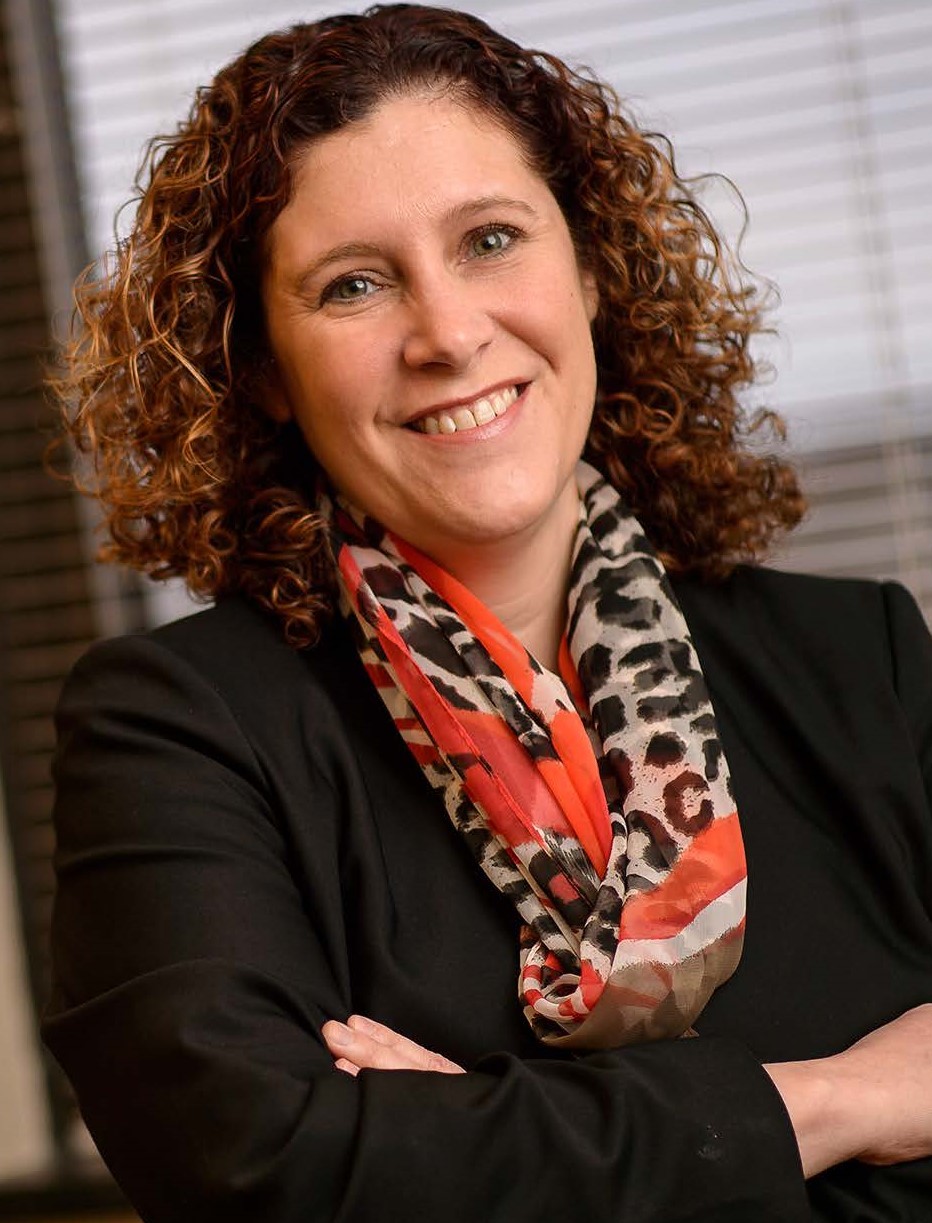
The Purdue College of Pharmacy is pleased to honor and recognize the outstanding research and scholarship generated by our faculty each month. This month we highlight Dr. Kimberly Plake, Assistant Dean for Learning & Assessment Associate Professor of Pharmacy Practice. Dr. Plake’s recent publication, “Impact of a teaching objective structured clinical examination (TOSCE) on student confidence in a pharmacy skills laboratory”, can be read in Currents in Pharmacy Teaching and Learning (February, 2019; DOI: 10.1016/j.cptl.2018.11.009). The study was conducted as a part of the Professional Program Lab with Academic and Ambulatory Care Fellows Bin Deng, PharmD and Norman Fenn, PharmD.
The primary objective of this study was to examine the relationship between simulation with formative feedback on students’ confidence of their clinical skills and performance on a summative assessment. Third professional year students participated in a laboratory focused on men and women’s health issues. Students completed a series of simulations with standardized patients presenting with a health issue. Formative feedback was provided using a rubric on students’ communication skills and professional competence on the topics that may be uncomfortable to discuss. Using a 19 item survey, students were asked to rate their level of confidence in three areas: clinical skills, communication skills, and drug-related problem resolution. In general, students’ confidence improved after participating in the simulation and improved their self-perceived readiness for the summative assessment. However, students’ confidence decreased between the time of the simulation and the summative assessment (3 weeks), suggesting multiple simulations may be necessary to sustain students’ confidence in skills.
“Students often are anxious prior and during the summative assessments, or performance-based assessments (PBAs), that occur at the end of every semester. The men and women’s health laboratory were designed to help students with their anxiety and confidence by allowing them to practice their skills and receive timely feedback from faculty,” Dr. Plake. “Though students’ confidence improved immediately after the laboratory, it was not sustained over time. As faculty and instructors in the college, the results suggest that we need to incorporate more simulations throughout the semester and consider the timing of these activities in relationship to the PBAs.”

